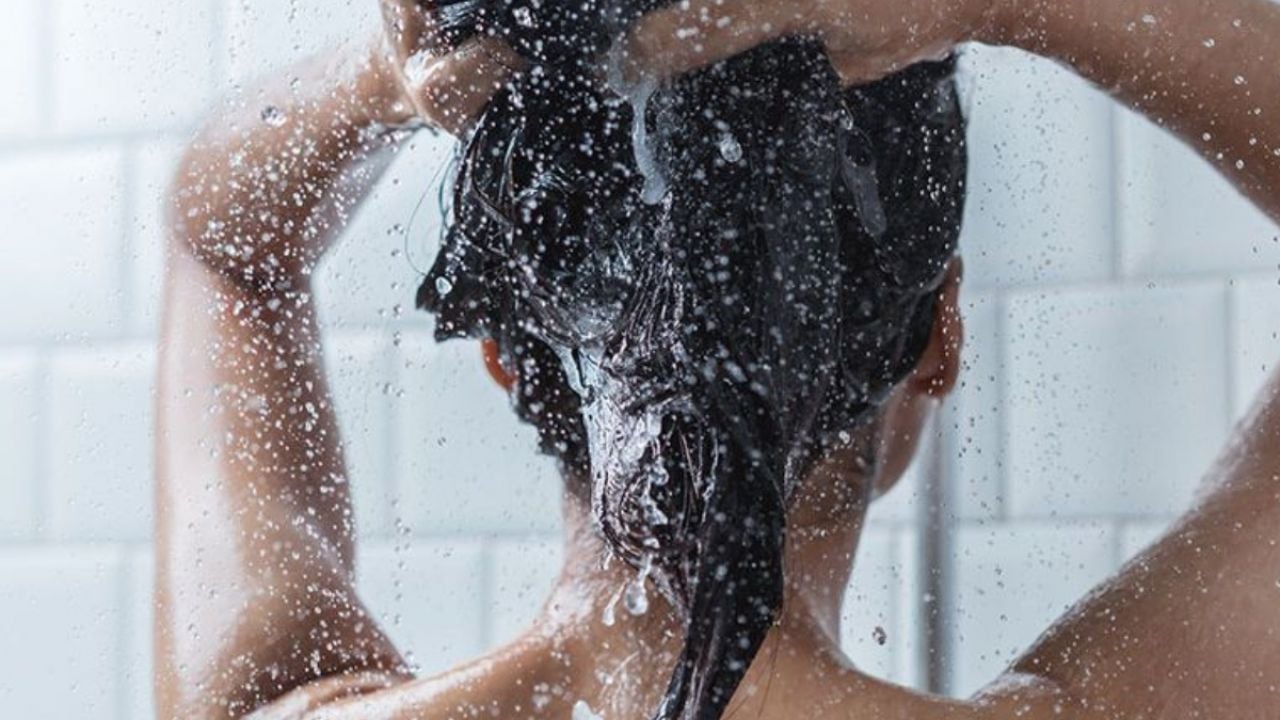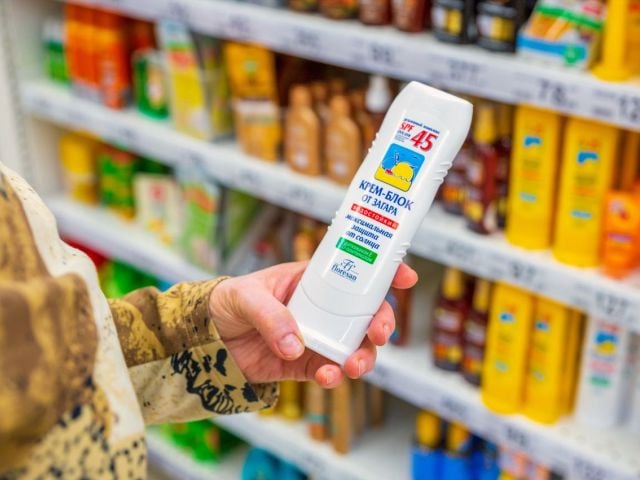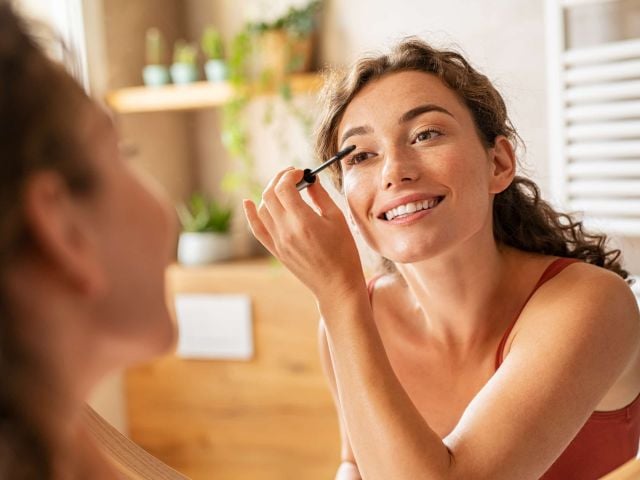
- Parabens are chemical preservatives widely used in food and personal care products.
- They are a type of endocrine disruptor that may cause serious health harm, especially in the developing body.
- If you’re concerned about the impact of parabens on your health, there are ways to avoid them.
Introduction
Parabens are a group of chemicals that preserve our personal care products. But their extensive use in these everyday items puts people at repeated risk of exposure. They’re a type of endocrine disruptor that may result in reproductive disorders, affect birth outcomes and increase the risk of cancer.
Parabens have been widespread in personal care products, foods and beverages since the 1920s. People are at repeated risk of exposure to parabens throughout their lifetime, with weeks, months and years of using products containing them, or consuming certain popular food and drink items regularly.
Manufacturers use parabens to stabilize many personal care and food products and prolong their shelf life. Without an effective preservative, many products, if used frequently, can get contaminated and become a breeding ground for bacteria, yeast and mold.
Parabens are odorless, tasteless and chemically stable, which makes them ideal for use in food and personal care products. But safer alternatives are available.
How parabens affect us
Our hormone system is essential for growth, development and reproduction. Changes to normal hormonal function due to exposure to endocrine disruptors can have serious health implications. Parabens can affect the hormone system at very low concentrations, especially during key developmental stages.
Scientists have found relationships between parabens and changes in the thyroid, elevated risk of hormone-related cancers, obesity and changes in female and male reproduction. Parabens can act like the hormone estrogen, which is essential for the reproductive system in both women and men.
Animal studies have found evidence that parabens influence endocrine and reproductive organs. Parabens have already been found in blood, urine, breast milk, placental tissue and breast tissue. Their clear abundance in our bodies is cause for concern when we don’t fully know their impacts on our health.
How we’re exposed
The widespread use of parabens in everyday products exposes us multiple times daily through our skin, diet and airways.
The products that line your bathroom and pantry shelves most likely contain parabens. They are frequently found in a wide range of everyday personal care products and processed foods like sauces, soft drinks, jams and flavoring syrups.
Parabens’ antimicrobial properties make them effective against fungi and bacteria growth in products with high water content, such as shampoos, conditioners, face and skin cleansers, shaving gels, moisturizers and more. But this widespread use of parabens also increases the long list of such products that may contain them, creating further health concerns.
Scientists have also found high concentrations of parabens in indoor dust and air in places where someone uses sprays or powders in their personal care routine.
Paraben contamination is widespread across the globe for human and animal exposure alike.
What the government is doing
The Food and Drug Administration is not required to review chemicals before they are introduced onto the market. In any event, neither the FDA nor the Centers for Disease Control and Prevention consider parabens harmful for consumption.
The European Union limits paraben concentrations in cosmetic products to under 0.4 percent for individual paraben chemicals and 0.8 percent for paraben mixtures. The European Commission has also set lower limits for butyl paraben and propyl paraben and banned the use of five other parabens in cosmetics products.
In the U.S., California is leading the way in the effort to remove toxic chemicals like parabens from food and personal care products. A 2020 California law, the Toxic-Free Cosmetics Act, bans the sale of certain types of parabens used in cosmetics, among other toxic chemicals.
This year, Assemblymember Jesse Gabriel (D-San Fernando Valley) authored Assembly Bill 418 which has passed the Assembly and recently passed through two Senate committees. If implemented, California will be the first state to remove five toxic chemicals from food, including propyl paraben in response to the EU’s ban of propyl paraben in foods.
Also this year, California Assemblymember Laura Friedman (D-Glendale) introduced Assembly Bill 496 to ban the sale of cosmetic products containing isobutylparaben and isopropylparaben and 24 other toxic chemicals known to affect human health.
How to minimize your exposure
U.S. federal authorities allow parabens in cosmetic products and food, but under market pressure, some responsible companies are making their products without parabens.
Lowering exposure to parabens during development stages such as pregnancy, infancy, childhood or puberty could decrease the risk of associated endocrine health problems.
If you want to lower your exposure to parabens, you can:
- Look at the label for words like “parabens free” when shopping for new products.
- Check the ingredients list, as there may be other harmful chemicals to avoid.
- Scan a product’s barcode with the EWG Healthy Living app to quickly see if it contains parabens or other harmful ingredients if you’re not sure. The app works for personal care products, food, sunscreens and household cleaners.
- Check the EWG Food Scores® database to learn what nutritional, ingredient and processing concerns there are for food products.
- Consider buying items with the EWG VERIFIED® mark, which are made according to our strictest standards for your health and contain none of EWG’s chemicals of concern.
Consult EWG’s Skin Deep® database rates over 93,000 products to make it easy to understand the potential hazards and health concerns of a product’s ingredients.



